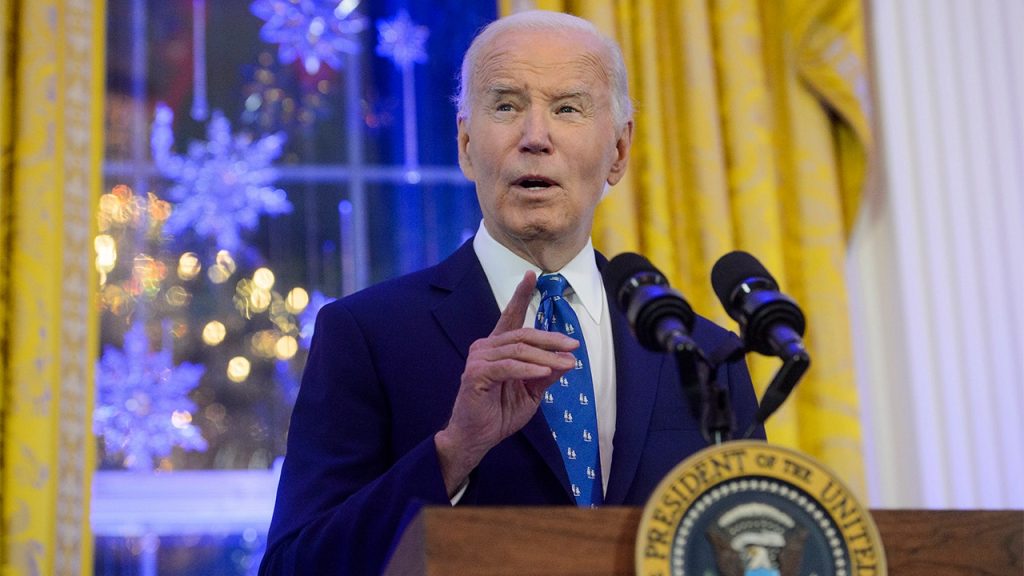The National Defense Authorization Act (NDAA) for Fiscal Year 2024, recently signed into law by President Joe Biden, represents a significant investment in the U.S. military, authorizing $895 billion in spending. While the bill contains provisions that bolster military readiness and aim to counter China’s growing influence, it also includes controversial measures related to transgender healthcare and Guantanamo Bay detainees that drew criticism from the President. The NDAA’s passage marks a complex intersection of national security priorities, political maneuvering, and ethical considerations.
Central to the NDAA’s focus is a substantial pay raise for military personnel, particularly junior enlisted service members who will receive a 14.5% increase. This substantial boost in compensation aims to address recruitment and retention challenges within the military, recognizing the essential role of service members in safeguarding national security. Beyond pay increases, the bill allocates resources towards modernizing the military, investing in cutting-edge technologies like artificial intelligence, and bolstering domestic ammunition production. These investments reflect a commitment to maintaining a technological edge and ensuring the military’s preparedness for future conflicts.
The NDAA also takes a more assertive stance towards China, reflecting growing concerns about the country’s expanding military capabilities and regional ambitions. A key provision establishes a fund to provide military resources to Taiwan, mirroring the U.S. strategy of supporting Ukraine against Russian aggression. This commitment to Taiwan underscores the U.S.’s determination to deter potential Chinese aggression in the region and maintain a strategic presence in the Indo-Pacific. Furthermore, the bill extends existing prohibitions on the purchase of Chinese products by the military, expanding the ban to include items ranging from food staples to advanced drone technology. This reflects a broader effort to decouple from Chinese supply chains and mitigate potential security risks associated with reliance on Chinese-manufactured goods.
Despite the NDAA’s focus on military readiness and strategic competition with China, the inclusion of certain provisions sparked controversy and drew objections from President Biden. One such provision restricts access to gender-affirming care for children of military families. President Biden expressed strong opposition to this measure, arguing that it discriminates against a vulnerable population and interferes with parents’ rights to make healthcare decisions for their children. He also voiced concerns that this provision could negatively impact military recruitment and retention efforts by discouraging individuals from joining or remaining in the armed forces.
Another contentious provision prohibits the use of funds to transfer detainees from Guantanamo Bay to either foreign countries or the United States. President Biden urged Congress to lift these restrictions, arguing that they impede efforts to close the detention facility and address the ongoing human rights concerns associated with its operation. The inclusion of these provisions underscores the ongoing political debate surrounding the future of Guantanamo Bay and the challenges associated with finding a resolution that addresses both security and human rights considerations.
The NDAA’s passage ultimately reflects a complex interplay of competing priorities and political considerations. While the bill provides crucial support for military personnel, modernizes defense capabilities, and addresses the growing challenge posed by China, it also includes provisions that have raised ethical concerns and sparked debate about the appropriate role of the military in addressing social issues. Despite these controversies, the NDAA’s substantial investment in national defense underscores the U.S. government’s commitment to maintaining a strong military and addressing evolving global security challenges. The legislation now awaits a corresponding spending package to fully fund the authorized programs and initiatives.

